Disclosure: This article contains affiliate links. We may earn a commission from purchases at no extra cost to you, which helps our travel content.
When I first landed in Conakry with my sister's family last winter, the humid air carried both the salt of the Atlantic and the distinctive energy of West Africa—a palpable vibration that resonated with me immediately. As someone who typically travels solo to meditation retreats or sustainable energy sites, accompanying my sister, her husband, and their two curious children (ages 8 and 10) presented an entirely different travel equation. Guinea isn't typically on the family tourism radar, yet my professional connections in renewable energy projects provided unique access to this fascinating country. What followed was a remarkable two-week journey that balanced cultural immersion, educational experiences, and the kind of adventures that captivate young minds. This guide shares how we navigated Conakry and beyond, transforming potential challenges into opportunities for growth, connection, and family memories that continue to resonate with surprising power.
Preparing Your Family for Guinea's Unique Energy
Before our departure from Glasgow, I spent considerable time helping my niece and nephew understand where we were going—not just geographically, but energetically. Guinea exists at a fascinating crossroads of traditional spiritual practices and modernization efforts, particularly in the energy sector where my work focuses.
I created a simple pre-trip ritual with the children, gathering items representing Guinea's elements: bauxite (aluminum ore) for earth, as Guinea holds one-third of the world's reserves; cocoa beans for sustenance; and small fabric swatches representing traditional Guinean patterns. Each evening for a week before departure, we'd hold these items while sharing facts about Guinea and setting intentions for our journey.
Practical preparation was equally important. Guinea requires yellow fever vaccination certificates, and I recommend consulting with a travel medicine specialist at least six weeks before departure. Our family physician recommended a comprehensive medical kit which proved invaluable for managing minor issues without navigating local pharmacies.
Language preparation helps tremendously—French is the official language, though local languages like Susu predominate in Conakry. My niece and nephew learned basic French greetings using a language learning app, turning it into a game with small rewards for mastering phrases. This minimal preparation paid dividends in building confidence and respect with locals.
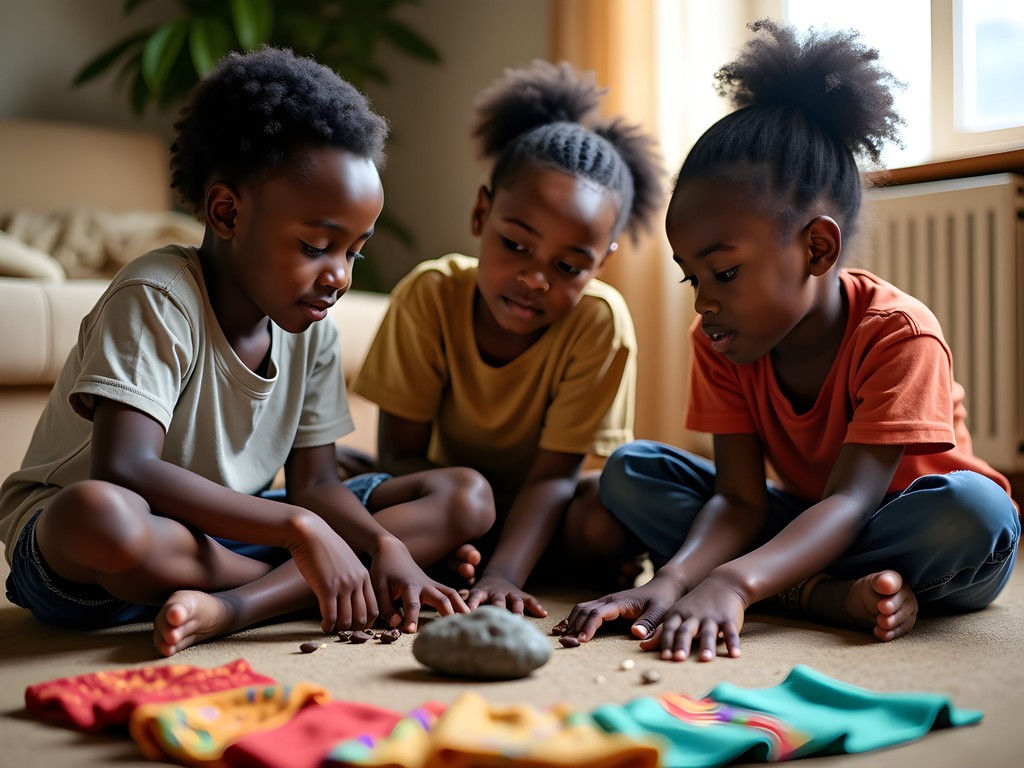
💡 Pro Tips
- Schedule yellow fever vaccinations at least 6 weeks before departure
- Practice basic French phrases as a family before arrival
- Prepare children by sharing age-appropriate books and videos about West African culture
Navigating Conakry with Young Explorers
Conakry presents a sensory symphony that can overwhelm even seasoned travelers—the cacophony of traffic, persistent vendors, and the city's somewhat chaotic infrastructure require thoughtful navigation with children. Rather than shield the children from these realities, we embraced them as learning opportunities about different ways of living.
We established a home base at Résidence Marico, a mid-range accommodation with air conditioning, reliable Wi-Fi, and a small pool—essential for decompressing after busy days. The property's walled garden provided a peaceful retreat where the children could safely explore tropical plants and observe colorful birds each morning.
Transportation requires careful consideration with children. While local shared taxis (magbanas) offer cultural immersion, we primarily relied on a pre-arranged driver through our hotel, balancing cost with comfort and safety. This arrangement allowed us to move efficiently between destinations while providing flexibility for impromptu stops when energy levels demanded.
The National Museum of Guinea became our orientation point, where the children connected with tangible artifacts representing the country's rich history. The curator, noticing their genuine interest, offered an impromptu behind-the-scenes tour where they could handle certain non-fragile items—a highlight that transformed what could have been a standard museum visit into a memorable hands-on experience.
For meals, we balanced adventurous eating with familiar options. The Taouyah neighborhood offered several restaurants where the children could alternate between trying local dishes like poulet yassa (marinated chicken) and falling back on international options when needed. I found that starting each day with a familiar breakfast at our accommodation provided the energy foundation needed for more adventurous afternoons.
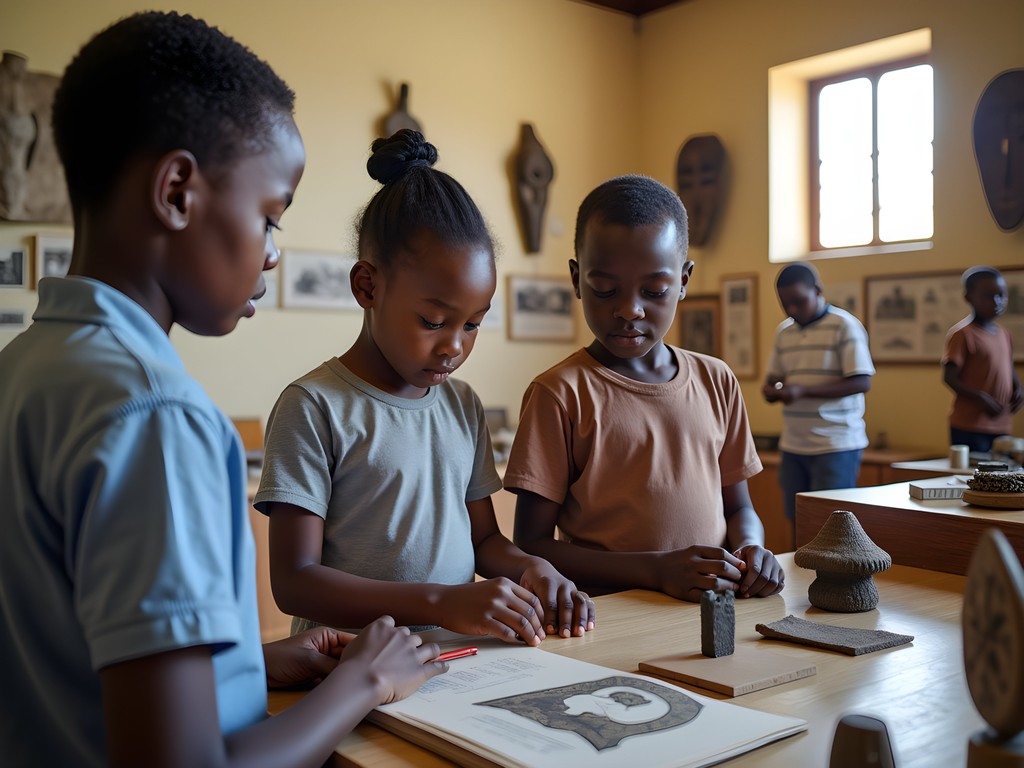
💡 Pro Tips
- Choose accommodation with a pool for daily decompression
- Arrange a reliable driver for the duration of your stay
- Visit the National Museum early in your trip for historical context
Energy Exploration: Making Sustainability Engaging for Children
My professional background in energy policy created unique opportunities to expose the children to Guinea's fascinating energy landscape. The country stands at a pivotal crossroads between traditional fuel sources and remarkable renewable potential—a living laboratory for the energy transition discussions that dominate my work in Glasgow.
We visited the Kaleta Hydroelectric Dam, about two hours from Conakry. What could have been a dry infrastructure tour became a captivating experience when I prepared the children with a simple water wheel demonstration the evening before. At the dam, they could connect their small-scale experiment to the massive turbines harnessing the Konkouré River's power. The site engineers, delighted by their prepared questions, adapted their usual technical explanations into engaging demonstrations about water's energy potential.
In Conakry itself, we explored the juxtaposition of energy realities. During inevitable power outages at our accommodation, I transformed potential frustration into a nighttime energy meditation, using flashlights to discuss energy consciousness while turning the experience into an adventure rather than an inconvenience.
One afternoon, we visited a community solar project where local women used solar cookers. My niece participated in preparing a traditional cassava dish using only solar energy—a profound hands-on lesson in appropriate technology that generated endless questions about why we don't use similar approaches more widely at home.
These experiences became reference points throughout our journey, with the children spotting energy infrastructure—from diesel generators outside shops to small solar panels on rural homes—that might otherwise go unnoticed. Their growing awareness of energy's role in daily life across different economic contexts was perhaps the most valuable educational outcome of our entire trip.
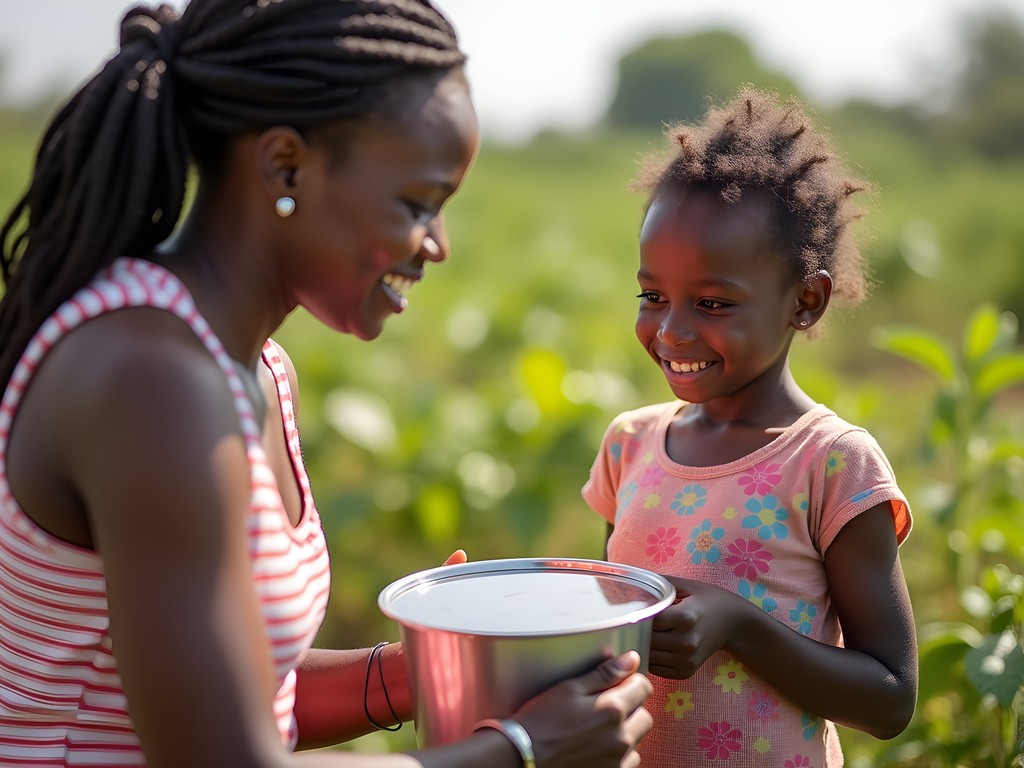
💡 Pro Tips
- Prepare simple science demonstrations related to energy before visiting infrastructure sites
- Pack quality headlamps for everyone in your family for inevitable power outages
- Connect energy concepts to tangible daily activities like cooking or charging devices
Island Escape: Îles de Los as Family Sanctuary
After a week navigating Conakry's intensity, the Îles de Los archipelago offered the perfect energetic counterbalance. Just a 30-minute boat ride from the city, these islands provide a remarkable shift in atmosphere that the children immediately sensed—the air cleaner, the pace slower, the natural world more accessible.
We stayed on Roume Island at a simple beachfront accommodation with basic but comfortable bungalows. The absence of television and limited Wi-Fi created space for genuine family connection. Evenings were spent playing cards by solar lantern light, sharing observations from the day, and listening to the rhythm of waves—a natural meditation that helped everyone reset.
The islands' beaches became natural playgrounds. We packed a comprehensive reef-safe sunscreen that protected sensitive skin while respecting the marine environment. Marine conservation became a recurring conversation as we observed local fishing practices and discussed sustainable harvesting.
A local guide led us on a morning hike across the island, where the children spotted monkeys, tropical birds, and fascinating insects. He taught them to identify edible fruits and demonstrated traditional fishing techniques that have sustained island communities for generations. This immersive natural experience provided a welcome contrast to Conakry's urban energy.
The highlight was an afternoon snorkeling expedition in the clear waters surrounding the islands. With child-sized snorkel gear we'd brought from home, the children experienced their first coral reef ecosystem. Their wonder at discovering this underwater world—pointing excitedly at colorful fish and collecting (and returning) shells along the shoreline—embodied the transformative power of travel to expand young perspectives.
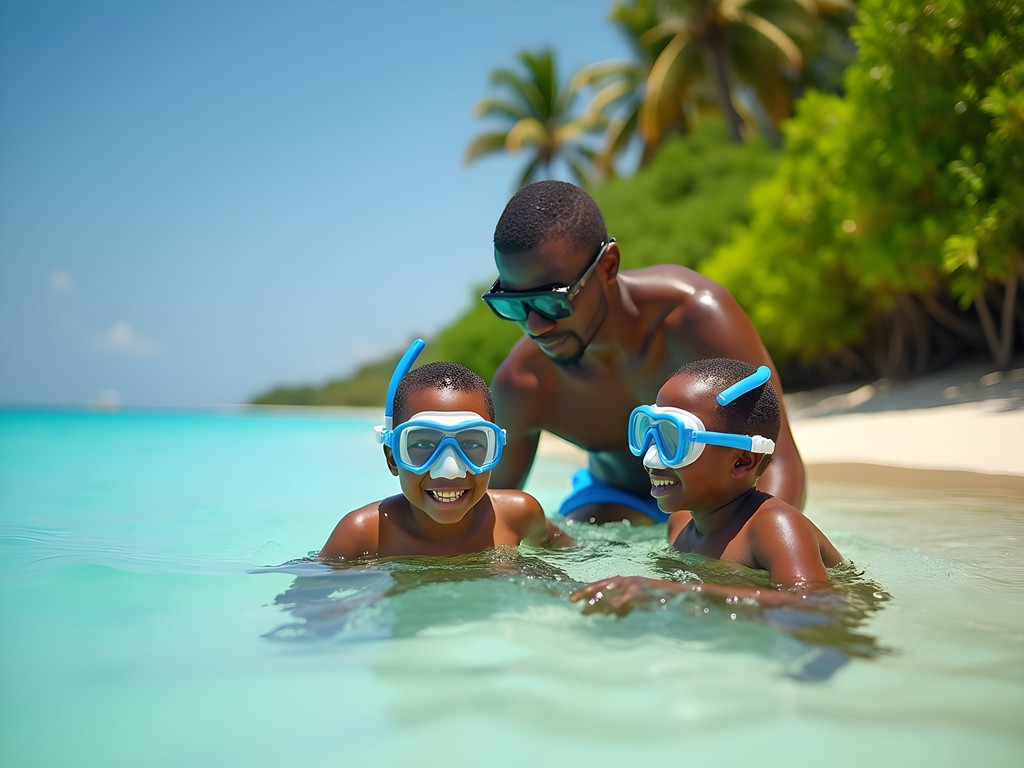
💡 Pro Tips
- Book boat transfers to the islands a day in advance through your Conakry accommodation
- Pack reef-safe sunscreen and insect repellent for island activities
- Bring snacks and drinking water for day trips as island options are limited
Cultural Immersion Through Markets and Music
Conakry's markets pulse with an energy that initially intimidated the children—the close quarters, persistent vendors, and sensory overload can overwhelm young travelers. Rather than avoiding these authentic spaces, we developed strategies to make them accessible learning environments.
We visited Marché Madina, one of West Africa's largest markets, during early morning hours when crowds were thinner and temperatures cooler. I taught the children a simple grounding technique I use at energy healing retreats: three deep breaths with hands placed over the heart center before entering chaotic spaces. This practice helped them manage the sensory input while remaining present to the experience.
To transform shopping into cultural education, I gave each child a small budget (equivalent to about $5) and a mission to find a gift that represented Guinea to bring home to a friend. This purposeful engagement shifted their perspective from overwhelmed tourists to curious explorers with agency. The negotiations, with my sister translating French, became impromptu language lessons and cultural exchanges.
Guinea's rich musical heritage provided another avenue for meaningful connection. We attended a community drumming circle where djembe masters invited the children to participate. The universal language of rhythm transcended verbal communication barriers as my nephew found himself fully absorbed in learning basic patterns on a drum sized perfectly for him.
One evening, we attended a family-friendly performance at Centre Culturel Franco-Guinéen, where traditional dance and modern influences merged. The performers invited audience participation during certain segments, and the children's uninhibited participation delighted both the artists and local attendees. These shared cultural experiences created connections that tourist attractions alone cannot provide.

💡 Pro Tips
- Visit markets early in the morning when they're less crowded
- Give children specific missions in markets to focus their experience
- Check the Centre Culturel Franco-Guinéen schedule for family-appropriate performances
Final Thoughts
As our plane lifted from Conakry International Airport, I watched my niece press her small palm against the window in a silent goodbye to Guinea. This journey—so different from my usual solo expeditions to meditation retreats or energy projects—revealed how family travel can transform challenging destinations into profound educational experiences. Guinea offered these children glimpses of different realities: energy access as privilege, cultural wealth amid material simplicity, and the universal connections possible through music, food, and shared curiosity. The country's unique energy—both literal and metaphorical—provided lessons in resilience, adaptation, and finding joy in unexpected circumstances. If you're considering Guinea with your family, approach it not as a typical vacation but as an immersive learning laboratory where children can develop global awareness, flexibility, and appreciation for different ways of being. The memories and perspectives gained will continue to resonate long after the journey ends, just as I now see Guinea's influence in my niece and nephew's evolving worldview.
✨ Key Takeaways
- Conakry with children requires thoughtful preparation but offers unique educational opportunities
- Balancing urban experiences with island retreats provides necessary energy restoration
- Cultural immersion through music and markets creates meaningful connections beyond tourist sites
- Family travel to challenging destinations builds resilience and global awareness in children
📋 Practical Information
Best Time to Visit
November to May (dry season)
Budget Estimate
$100-150 per day for a family of four (mid-range)
Recommended Duration
10-14 days
Difficulty Level
Challenging
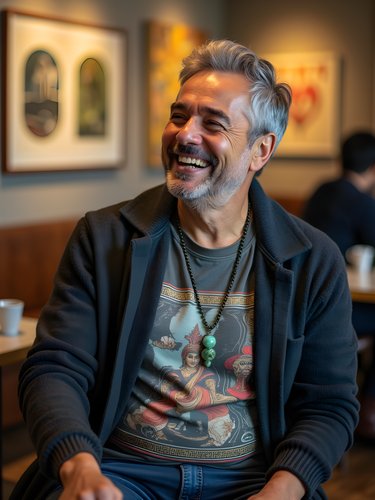
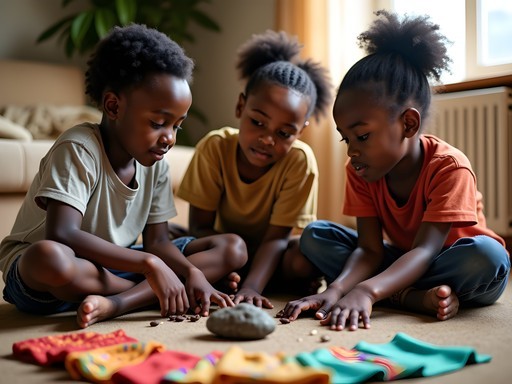

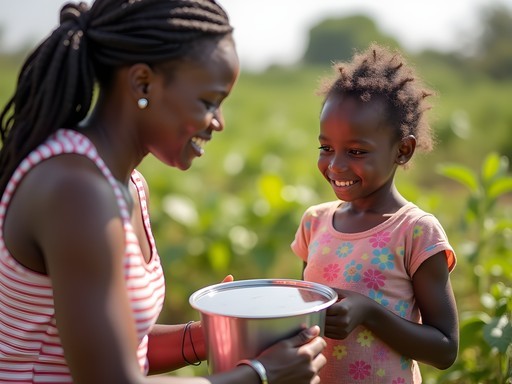
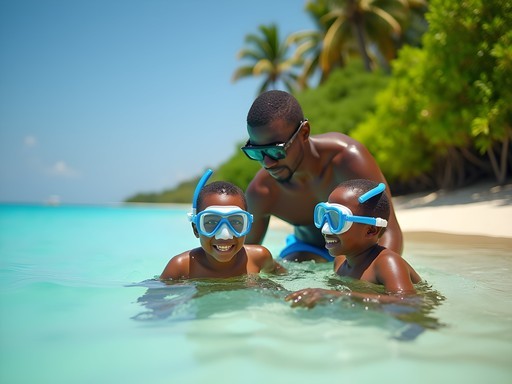
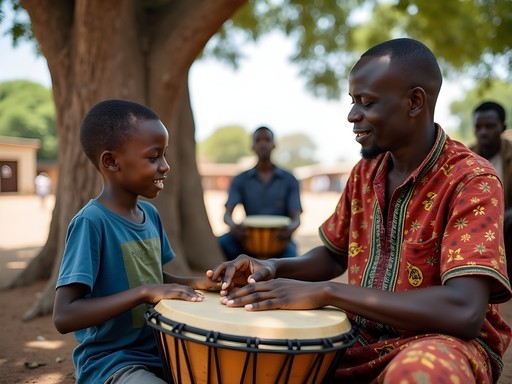


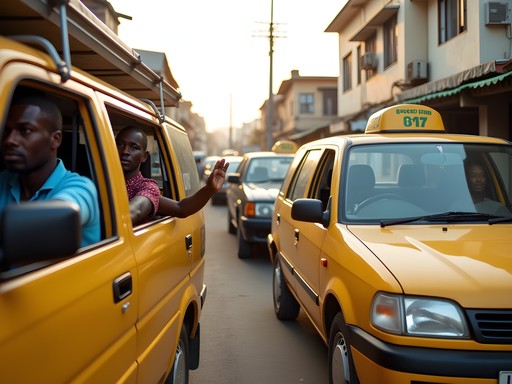
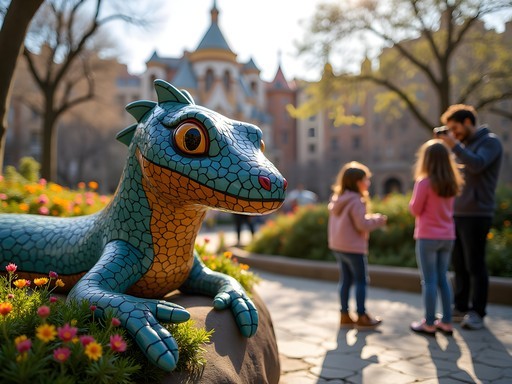
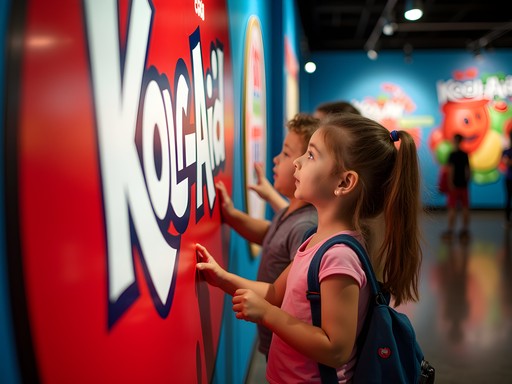
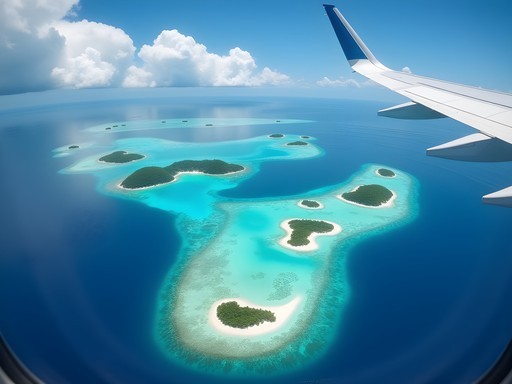
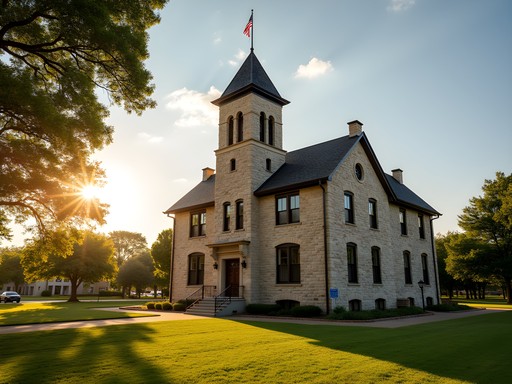
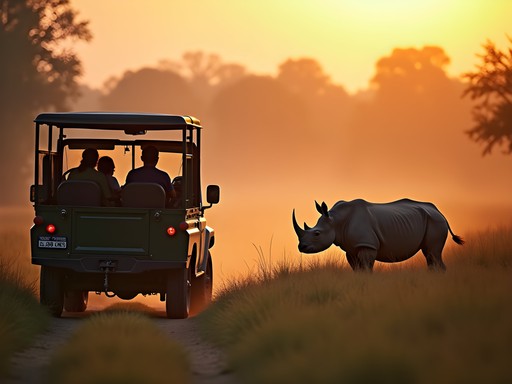
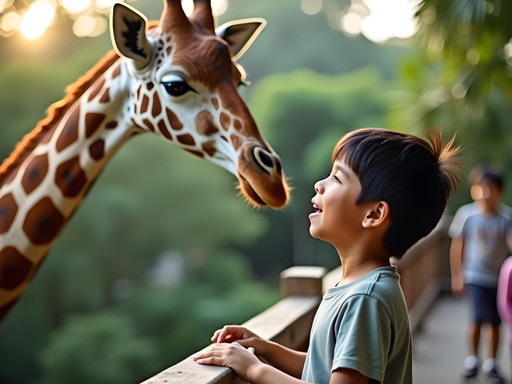

Comments
oceanzone
Thanks for sharing this! Super helpful
sunsetlegend
Going to be in the region next fall and seriously considering adding Guinea to the itinerary now! Quick question - you mentioned making sustainability engaging for the kids. What kind of activities did you do around that? We're trying to raise our daughter (she's 7) to be more environmentally conscious and I love finding ways to incorporate that into travel.
happydiver
Great post! One thing I'd add - bring cash in euros, not dollars. Way easier to exchange and you get better rates. Also the ATMs in Conakry can be hit or miss so don't rely on them completely.
Bryce Diaz
Really appreciate you covering West Africa with a family lens. As a solo traveler, I sometimes forget how different the calculus is when you're responsible for little ones. I passed through Conakry briefly in 2023 on my way to the Fouta Djallon highlands and honestly didn't give the city enough time. Your section on navigating with kids has me rethinking that - the energy you describe is exactly what I chase when I travel. Question: did you arrange any guides in advance or just figure it out on the ground? I'm always torn between structure and spontaneity.
hikingpro
Fouta Djallon is on my list! How was it?
Bryce Diaz
Absolutely stunning - waterfalls, hiking, traditional villages. Totally different vibe from the coast.
Kimberly Murphy
YES! Finally someone writing about Guinea for families! We've been planning West Africa for ages but everyone acts like it's impossible with kids. Your section about navigating Conakry is spot on - it's chaotic but in the best way! Quick tip for other parents: I always pack a small first aid kit when we're traveling somewhere remote. Also, did you try any of the local street food with your niece and nephew? We're always torn between being adventurous and keeping little tummies happy!
roamqueen
Good call on the first aid kit! Definitely adding that to my list
sunsetpro
This is SO cool!! Adding to my bucket list right now 🌍✨
luckyvibes
How did you get to the Îles de Los? Is there a ferry or do you need to hire a boat? And can you do it as a day trip with little ones or better to stay overnight?
happydiver
There's regular boats from the port, takes about 30-40 min depending on which island. I'd recommend staying overnight if you can - the beaches are way less crowded in the morning and evening.
journeyblogger
Really like your photos, especially the island ones!
Sage Dixon
Morgan, this brought back so many memories! I spent three weeks in Guinea back in 2019 (pre-kids for me) and Îles de Los was absolutely the highlight. That ferry ride from the mainland felt like stepping into another world entirely. The contrast between Conakry's intensity and the islands' tranquility is striking. I'm curious how you managed the heat with young ones - January must have been a good time to visit? When I was there in April, it was absolutely sweltering. Also, did you get a chance to explore any of the music scene? The live drumming performances I caught were unforgettable.
oceanzone
The music scene there is incredible! Would love to go
oceanhero
That sunset photo is incredible!
Venture X
Premium card with 2X miles, $300 travel credit, Priority Pass